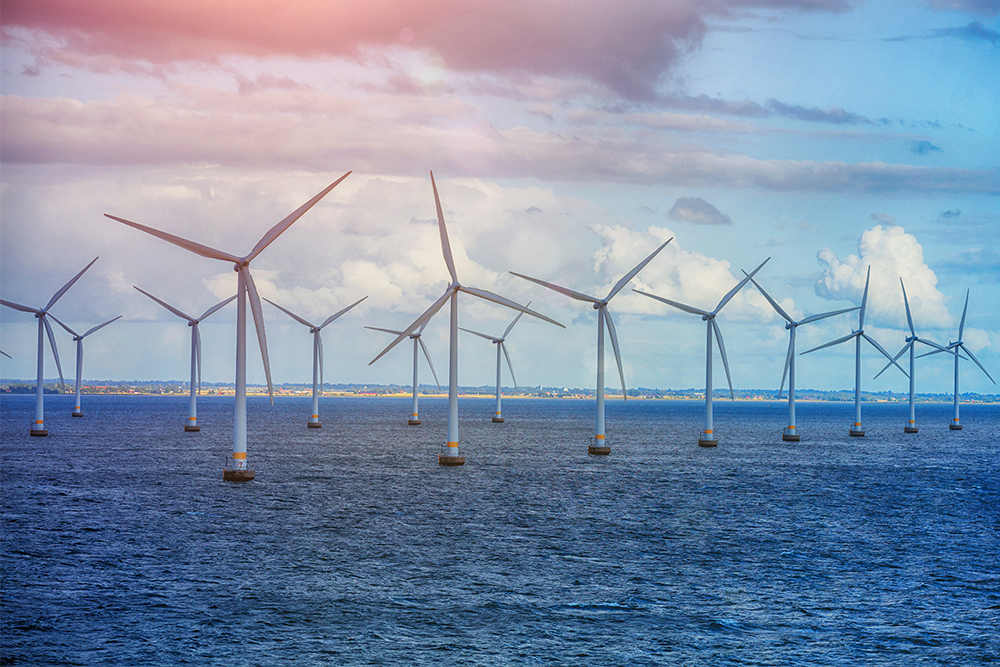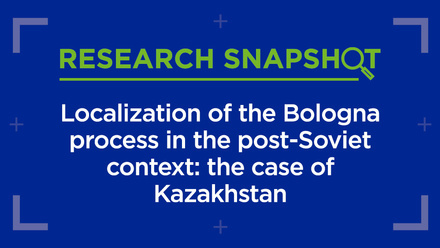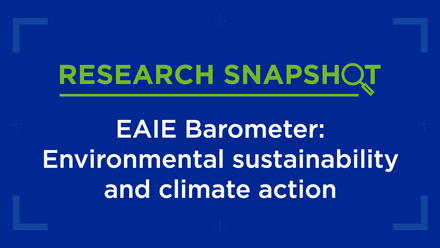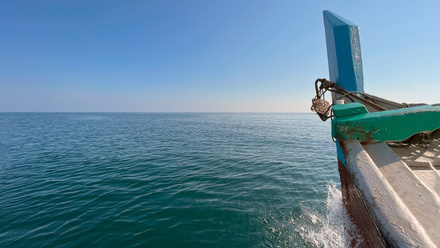Ensuring a sustainable future for our seas

That we are all ‘at sea’ is an understatement. The unwelcome arrival of COVID-19 is a major disruptor to all social and economic initiatives the world over.
The fact that we associate such perplexity and confusion with ‘the sea’ and the feeling of being lost in it, is also a reminder of the marginal, mysterious and dark role that the sea plays in the psyche and mental imagery of Homo sapiens, our resolutely land-based species.
And yet we cannot do without the sea.
Seas and oceans feature prominently and frequently within the UN’s 17 Sustainable Development Goals (SDGs), and some of these have a substantial focus on the marine and maritime fields. The overall challenge of the UN’s 2030 Agenda is to generate prosperity from natural resources without hampering their integrity and to share benefits equitably across the planet. The Agenda sets an ambitious plan that combines economic, social and environmental aspects with the drive towards conservation and sustainable resource use. More specifically, SDG14 tackles the sustainable use and protection of global commons, such as the ocean.
The ocean-based economy
Achieving the 2030 UN agenda requires commitment, rather than just political will. On the other hand, states worldwide are seeking to boost returns from investments and to enhance economic excellence in the marine and maritime sectors.
The European University of the Seas brings together six European universities that share a coastal location and a commitment to coastal communities and industries
The OECD report on the ocean-based economy for 2030 expounds the strong potential for growth in these industries. Expressed in employment numbers, this will lead to the equivalent of 40 million new full-time jobs by 2030, without counting the directly dependent jobs in such areas as tourism. The fastest growth in jobs is expected to occur in offshore wind energy, marine aquaculture, fish processing and port activities. Technological developments and the evolving impacts of the digital age are set to lead to innovative ways of doing things, and will further dictate competitiveness and economic excellence.
Blue growth
Looking at current economic performance, the legacy of economic activity in European waters involves 5.4m jobs, rendering the substantial added value of some €500bn annually. Europe has set the scene on what is anticipated to be a strong push for research and innovation to utilise the untapped potential of the oceans, seas and coasts in favour of growth and job creation related to the sea. The EU is focusing on this task through ‘Blue growth’, and it embraces the challenges to bolster economic excellence in the maritime sector by utilising global and regional niches.
This new engagement with the sea would need to follow a seamless path of sustainability, in synergy with principles of equity of benefits amongst countries, and without exacerbating the challenges set by climate change scenarios and socio-political situations.
SEA-EU
The European University of the Seas (acronym: SEA-EU) is an initiative partially funded by the Erasmus+ Programme of the European Commission, bringing together six European universities: Cádiz (Spain), Western Brittany (Brest, France), Kiel (Germany), Gdańsk (Poland), Split (Croatia) and Malta (Malta). These institutions share a coastal location and a maritime history, as well as a strong current commitment to coastal communities and industries.
They also have a proven maritime competence to meet these challenges by analysing this evolving perspective of the ocean economy, in tandem with the goals of more effective sustainable development. The actions and tasks carried out by the initiative are set to target:
- A skilled, professional and specialised workforce that matches the challenges of evolving economies, keeping sustainable development in mind;
- Resource synergies (including in talent, technology, and infrastructure) to strengthen the impact, quality and scope of research and academic excellence;
- A sustained research and innovation infrastructure for exploiting technological development into smart and innovative applications;
- Adequate policy recommendations and implementation measures to support efforts at national and international scales to secure vital services from marine systems;
- A coordinated effort to concretely link academia to industry and the business community so as to: (1) identify common targets, (2) plan joint actions, and (3) promote innovation and new technologies; and
- An avenue for Europe to lead and pave the way towards sustainable coasts and seas, setting examples for adoption on a global scale.
Of course, as with many other initiatives, the outbreak of the coronavirus pandemic has obliged a rethink of many features of inter-university collaboration and cooperation that we used to take for granted. The pursuit of staff and student mobility – perhaps the most successful programme of the European Commission – is in temporary disarray, with many students ‘on Erasmus’ having decided to return home. Others are staying abroad but obliged to follow their studies ‘virtually’, since most universities in Europe have stopped offering traditional lectures in physical classrooms.
Stepping into the breach comes ‘virtual mobility’: we have a mushrooming of virtual and distance learning and teaching options under consideration. Millions of academics have been scrambling to get to grips with the likes of not just Skype but also Zoom, Google Hangouts, Cisco Webex, Blackboard, Big Blue Button, and so many other platforms that create ‘virtual classrooms’. SEA-EU meetings have so far proceeded virtually; other events that benefit from actual, physical encounters have been postponed. Meanwhile, when all this is over, online and blended learning will likely have come of age, and will not easily go away.
All hands on deck
No plain sailing is in sight, at least for the short to medium term: COVID-19 shatters routines and conventions and encourages others to take their place. We may feel like fish out of water for now; but as the periods of isolation extend and draw longer, we will adapt to the ‘new normal’, take in the rising tide and make waves by navigating a post-pandemic future.






